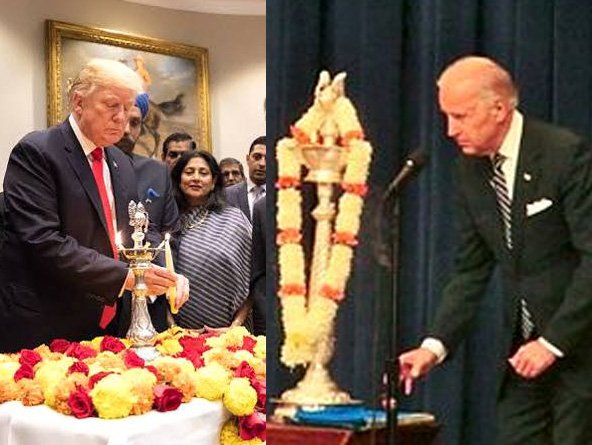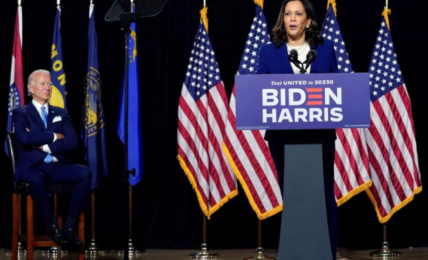What American Hindus want from their Presidential candidates?
There are more than 4 million American Hindus in the United States. While most of them are of of Indian origin, there are many who come from Bangladeshi, European, African-American and Nepalese heritage. This article examines the concerns and hopes of the American Hindu communities and the expectations they have from the Presidential candidates. It also examines the intra-community dynamics, based on my interaction with a cross-section of thought-leaders within the community




